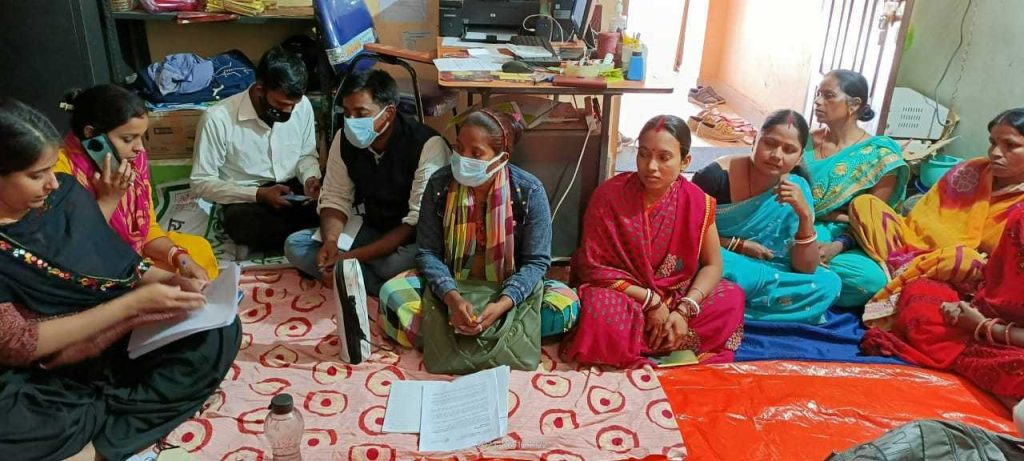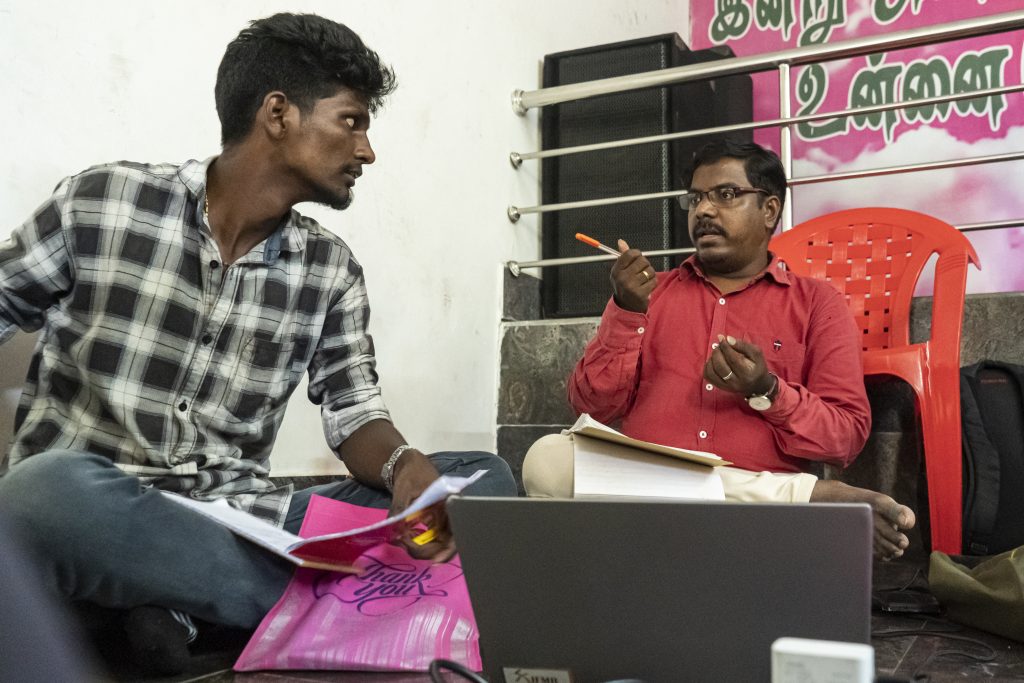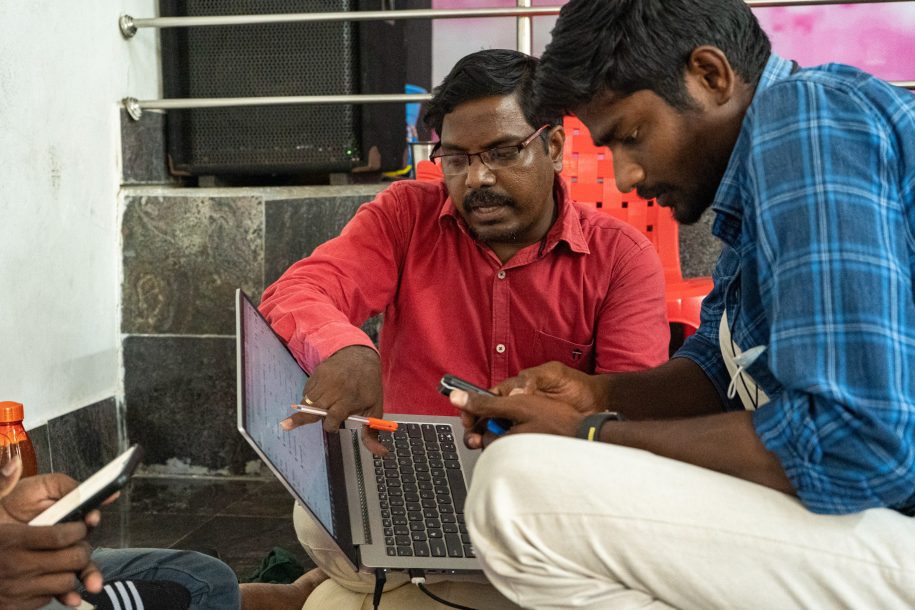In this new series, we bring forth anecdotes and lessons from our field interactions.
Kindness in a Cup of Tea
After a long stretch of working from home during the lockdowns, LEAD’s researcher Aishwarya Joshi recently visited her project site in Bhagalpur, Bihar.
“It was exciting to be back in the field again, despite the hectic schedules and long road journeys…everywhere we went, project partners and study participants offered us chai (my personal favourite was the spiced and salted lemon chai) and samosas despite our many requests.”

“This kindness and generosity aside, I have always admired the sheer commitment of grassroots workers – with minimal resources and a bevvy of challenges, they remain dedicated to achieving herculean goals and targets set by public schemes and programs.”
Getting Field Research Right
Senior Field Executive Arulraj A talks about the art and science of conducting surveys and connecting with communities in the process. Over 15 years of experience in doing fieldwork have taught Arul an invaluable lesson – that data is not always about the numbers.
“Collecting data requires going beyond speaking the local language. We should be able to weave our way through the community and ask questions in a way that is mindful of household dynamics. Our role in gaining consent and trust without being overbearing is crucial – always remembering that people have the option not to participate in a study. “

“Depending on the project’s scope, we need to go the extra mile to document critical observations and also learn about new methods like audit studies. I am also responsible for training and managing our enumerator team. I work with them to develop important skills – such as capturing field notes and other important details that can help the research team make sense of the data.”
Striking this balance between sensitively capturing information and putting the participants at ease can be challenging.
“During the pandemic, many of our surveys were conducted over the phone – while this has helped reduce delays, it came with its own set of challenges and learnings. Staying connected and checking in with each other regularly have helped us stay anchored, in these days of remote work.”
Stay tuned for more such glimpses and stories from the grassroots in the upcoming days.
About the Authors
Keerthana Ramaswamy is a Senior Learning and Communications Associate with LEAD. She has a background in social work research and community development. In the past, Keerthana has been comprehensively involved with evidence-based innovations led and informed by people with histories of disadvantage. She is deeply interested in a number of cross-cutting stories revolving around the intersections of gender, disability, mental health, pop culture & inclusion.
Diksha Singh heads LEAD’s learning and communications portfolio. Trained as a researcher, she is passionate about connecting the dots between research, policy and impact. Diksha has more than a decade of experience in research, outreach and communications. She serves on the Board of Directors of SEEP Network. Prior to joining LEAD, she worked as a project officer with Praja Foundation, and as an analyst with CMIE. Diksha has a Master’s in Economics from the University of Mumbai.


